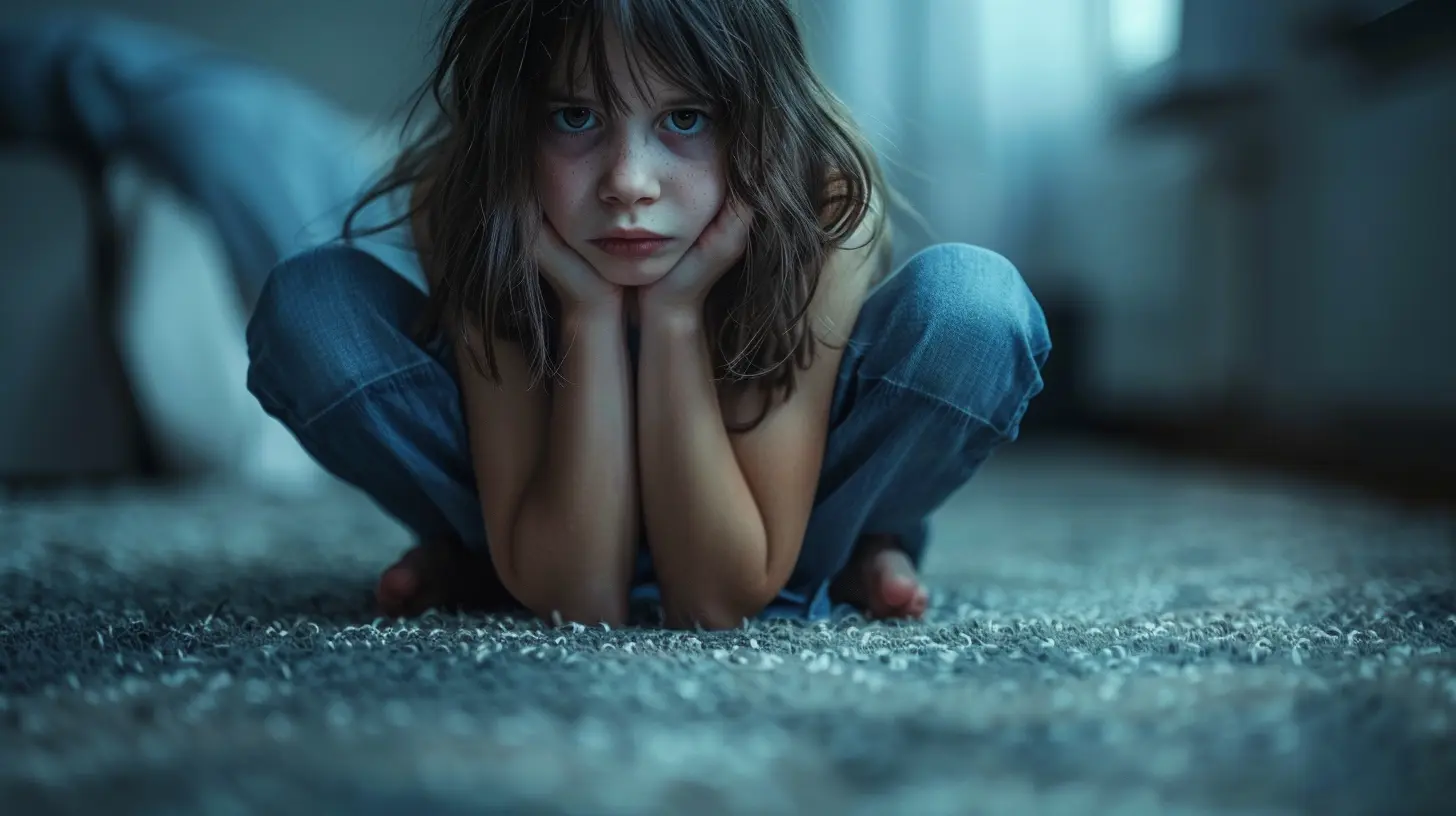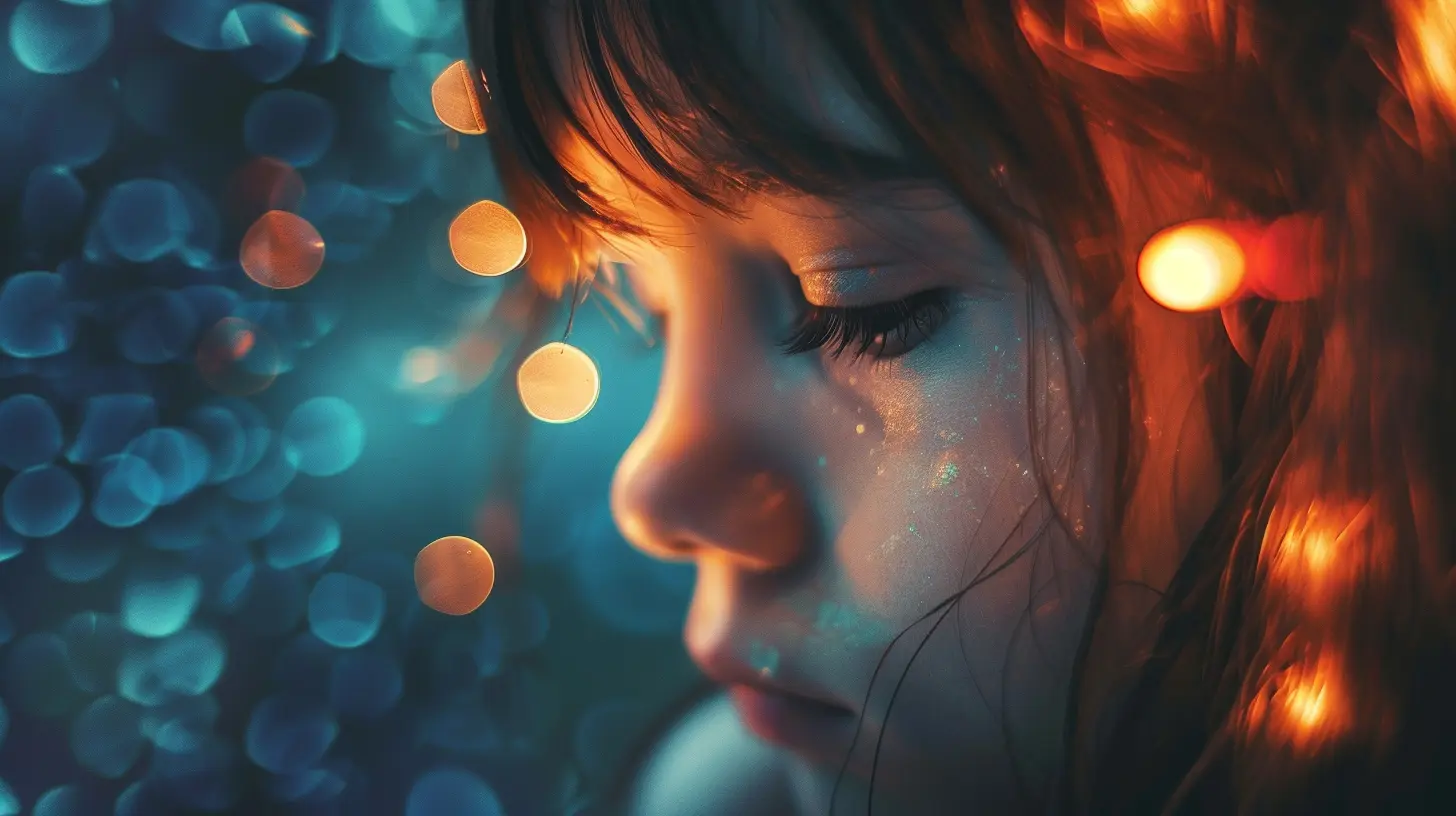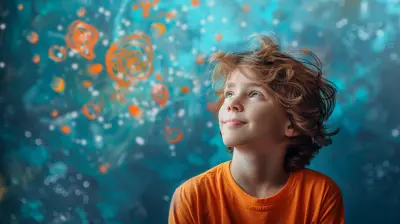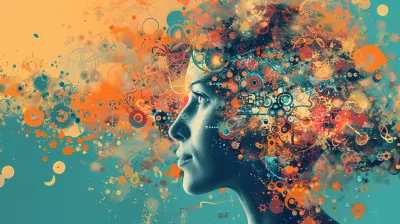Early Childhood Trauma and Its Impact on Adult Depression
25 October 2025
Have you ever wondered why some people seem to carry a weight they can’t explain, even though they appear to have “moved on” from a rough childhood? It turns out, the past doesn’t always stay in the past—especially when it comes to emotional wounds formed early in life. Early childhood trauma isn’t just a part of someone’s history. It can shape how they think, feel, and interact with the world, often leading to adult depression.
Sounds heavy, right? But understanding how trauma from our early years affects our adult mental health is the first step toward healing. Let’s walk through what this connection really looks like and why it matters.
What Is Early Childhood Trauma?
Before we get into the nitty-gritty, let's cover the basics. Early childhood trauma refers to any distressing experience that a child goes through before the age of 6. These events are typically overwhelming and beyond a child’s ability to cope. Some common examples include:- Physical or emotional abuse
- Sexual abuse
- Neglect
- Loss of a parent or caregiver
- Witnessing domestic violence
- Living in unstable or unsafe environments (e.g., war zones, extreme poverty)
Now here's the thing—kids are resilient, but they're also incredibly impressionable. Their brains are still developing, and their emotional toolkits aren’t fully stocked. So, when trauma hits, it can change the way their brains and bodies function.
How Trauma Affects the Developing Brain
Imagine trying to build a house on a shaky foundation. That’s what trauma does to a child’s brain development. During early childhood, the brain is like wet cement—highly moldable and responsive to experiences. Positive ones help it grow strong. Negative ones? They can leave lasting cracks.When a child experiences trauma, their brain goes into survival mode. The “fight, flight, or freeze” response becomes overactive. And if that stress response stays activated too long, it affects brain structures related to emotion regulation, memory, and decision-making—specifically the amygdala, hippocampus, and prefrontal cortex.
In short, trauma hardwires the brain to expect danger. Even as adults, people who experienced trauma early on may react to everyday situations as if they’re threats. That constant internal alarm system? It’s exhausting—and emotionally draining.
The Link Between Childhood Trauma and Adult Depression
So how does this all circle back to adult depression? Great question.Trauma doesn’t just disappear. It gets stored in the body and mind—and often replays itself in adulthood in subtle and not-so-subtle ways. Depression is one of the most common outcomes. According to research, adults who experienced childhood trauma are significantly more likely to suffer from mood disorders, including depression.
Let’s explore some of the ways this link shows up:
1. Low Self-Esteem and Negative Self-Image
When children are mistreated, ignored, or abandoned, they often internalize the message that they’re not worthy of love or care. That narrative sticks. As adults, this shows up as chronic self-doubt, feelings of worthlessness, or being overly critical of oneself—all classic signs of depression.2. Difficulty Trusting Others and Building Relationships
Early trauma, especially abuse by a caregiver, can make it tough to form secure attachments in later life. Many adults with childhood trauma struggle to trust others or fear abandonment, which can lead to isolation, loneliness, and—you guessed it—depression.3. Emotional Dysregulation
Remember that survival brain we talked about? It doesn’t just shut off when you grow up. Adults with trauma histories often have a hard time regulating emotions. They may feel overwhelmed by sadness, rage, anxiety, or numbness. Depression can develop when emotions feel unmanageable or when numbness takes over entirely.4. Chronic Stress and Burnout
Trauma keeps the brain on high alert. Over time, this constant stress can wear down the body’s stress-response system, leading to fatigue, irritability, sleep issues, and—you know what’s coming—depression.
Physical Impacts That Feed Depression
Here’s something we don’t talk about enough: trauma doesn’t just live in the mind. It affects the body too. People with childhood trauma are more likely to develop chronic illnesses like heart disease, autoimmune disorders, and digestive issues. Why does this matter?Because physical health and mental health are deeply connected. Chronic pain, fatigue, or hormonal imbalance can intensify feelings of helplessness and hopelessness—key ingredients of depression.
The Role of ACEs (Adverse Childhood Experiences)
You might have heard of something called ACEs. This stands for Adverse Childhood Experiences, a term coined by researchers who studied the long-term effects of childhood trauma.The more ACEs a person has, the greater their risk of mental health issues like depression. It’s a bit like carrying a backpack—you can handle a couple of bricks, but if that pack keeps getting heavier with negative experiences, your ability to carry it decreases.
According to the CDC, individuals with 4 or more ACEs are:
- 4.5 times more likely to experience depression
- 12 times more likely to attempt suicide
Those are some scary stats, but they highlight just how serious this link is.
Why Some People Seem “Fine”
Ever met someone who had a rough childhood but seems to be thriving? It's important to acknowledge that not all trauma leads to depression. So what’s the difference?It often comes down to:
- Support systems: Having just one supportive adult (a teacher, grandparent, etc.) can act as a buffer.
- Resilience and coping skills: Some people naturally develop healthy coping mechanisms while others don’t have the tools.
- Early intervention: Therapy or support during childhood can make a big difference.
It’s kind of like catching a cold—some people bounce back quickly, others develop pneumonia. The severity and duration of the trauma, as well as the person’s environment and resources, all play a role.
Breaking the Cycle: Healing Is Possible
Now for some good news: trauma doesn’t have to be a life sentence.Yes, the wounds are deep. But healing is very real, and millions of people have found ways to break free from the shadows of early pain. Here are some powerful steps toward healing:
1. Therapy
Therapy (especially trauma-informed approaches like EMDR or somatic experiencing) helps people reprocess traumatic memories and create new, healthier emotional responses. It’s like rewiring your brain to understand that the danger is over.2. Building Emotional Awareness
Mindfulness, journaling, and meditation help people reconnect with their emotions—many of which they’ve been suppressing for years. This awareness is key to managing and reducing depressive symptoms.3. Healthy Relationships
Finding safe, supportive people can feel like sunlight breaking through the clouds. Relationships are healing—especially when they’re built on trust, empathy, and mutual respect.4. Self-Compassion
Being kind to yourself, forgiving your own mistakes, and letting go of toxic shame can transform your internal world. You’re not broken—you’re healing from something that wasn’t your fault.Helping Others Heal
If you’re reading this because you’re trying to understand someone you care about, thank you. Understanding the roots of depression can help us replace judgment with compassion.Encourage them to seek support. Be a consistent presence. And most importantly—listen without trying to "fix" them. Your support alone could be the game-changer they need.
Final Thoughts
Early childhood trauma is like a shadow that can follow people into adulthood, often showing up in the form of depression. But shadows need light to exist, and there is light in understanding, therapy, and connection. If any part of this article hit home for you, know this: you’re not alone, and you’re not powerless.Healing isn’t about pretending the past didn’t happen. It’s about building a life where the past doesn't make all the decisions. And yes—it is absolutely possible.
all images in this post were generated using AI tools
Category:
DepressionAuthor:

Jenna Richardson
Discussion
rate this article
1 comments
Harrison Roth
Thank you for addressing such an important topic. Understanding the connection between early childhood trauma and adult depression can foster greater awareness and compassion, helping us support those affected on their healing journeys.
October 25, 2025 at 4:57 PM

Jenna Richardson
Thank you for your thoughtful comment! I'm glad you found the topic important; raising awareness is crucial for supporting healing.


